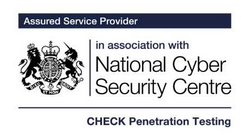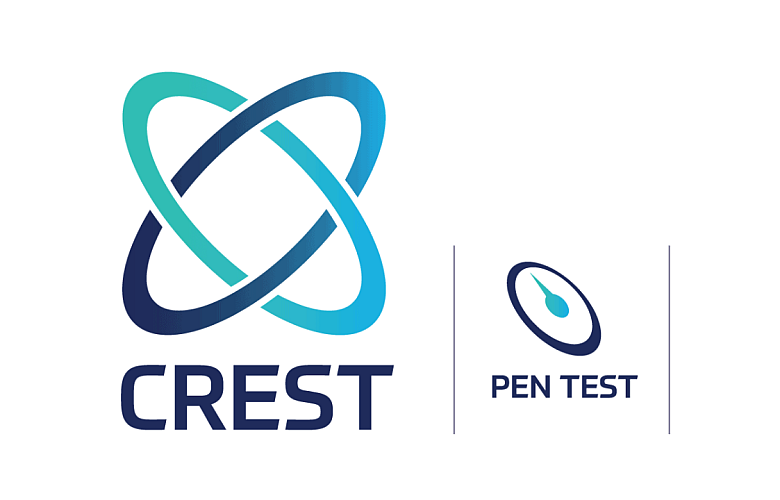
Cyber Maturity Assessment
A comprehensive assessment of your cyber security capabilities to identify and fix control weaknesses, guarantee compliance and fortify your security posture.
Cyber Maturity Assessment
A company’s security practices, policies and systems are thoroughly examined as part of a cyber security audit to make sure they are reliable, secure and compliant with industry standards.
An extensive assessment of your IT and business environments including network security, hardware, software and compliance with standards like GDPR, ISO 27001, or NIST, is part of the auditing process.
Businesses can find weaknesses, evaluate the effectiveness of present security measures, establish the right measures to reduce risks and prevent data breaches by performing regular cyber security audits.
Challenges Addressed by Cyber Security Audits
Unidentified Vulnerabilities: Most companies don’t have visibility of how many vulnerabilities exist in their systems. Without regular auditing, companies can over time build up this technical debt which accumulates vulnerabilities, leading to data breaches if left unmanaged.
Unknown Compliance: Maintaining compliance with constantly evolving regulations such as GDPR or ISO 27001 is often very challenging for SMBs. Small to medium sized businesses often lack the specialist compliance expertise in-house to perform these reviews or the capacity to perform them in the first instance.
Lack of Specialists: Assessing cyber security effectively demands specialised knowledge and experience that often don’t exist in-house. Many companies often try a DIY approach to cyber security audits which inevitably result in control weaknesses being missed and underestimating the level of risk for the company.
Poor Messaging: Audit results can be confronting for senior management. When technical resources (often who perform the audits) present the findings to senior management, it can often result in mismanagement of senior stakeholders and the setting of ‘hares running’ unnecessarily.
Abrasive Methods: Without the right approach or audit methodology, a lot of auditors leave their consulted stakeholders feeling exhausted and ‘interrogated’. This can create a divide between IT or central functions and compliance functions.

Benefits of a Cyber Maturity Assessment
Identify Control Weaknesses: Auditing identifies potential security risks and provides comprehensive recommendations on how to mitigate it. This lowers the possibility of breaches by enabling preventative measures. By implementing these preventative measures, you can enhance your overall defence against possible cyber attacks.
Compliance Assurance: An audit will ensure that the organisation satisfies all relevant regulatory and compliance requirements, protecting you from penalties and fines. By performing regular cyber security audits, you protect your critical assets and improve your company reputation.
Security Posture Improvement: Auditing not only provides point-in-time recommendations on how to address weaknesses identified, but it also provides a mechanism for continued and sustained cyber security control improvement over the medium to long term.
Executive Confidence: Internal stakeholders (e.g. senior management and executive) feel more confident that their data, IT assets and people are properly safeguarded. External stakeholders such as investors, suppliers and prospective clients are also reassured you have sufficient controls in place in order to do business with them.
Clear Way Forward: A comprehensive audit gives your business a thorough remediation roadmap with specific recommendations for addressing vulnerabilities found. Your team will be able to quickly and consistently enhance your security posture by using this structured approach to prioritise and resolve the issues identified
Who Needs a Cyber Security Audit?
Small to Medium-Sized Businesses (SMBs): Small and medium-sized businesses frequently lack the funding necessary to provide a high degree of assurance around established cyber security controls. A cyber security audit gives them the knowledge they need to improve security without the cost of an internal audit team.
Heavily Regulated Industries: Industries such as finance, healthcare, and telecommunications must adhere to strict laws of which, auditing is a crucial component. A cyber security audit protects sensitive data, assures compliance, reduces the possibility of penalties, and improves the organisation’s reputation among internal and external stakeholders.
Businesses with Complex IT Infrastructures: Cyber security audits are advantageous for large or complex IT organisations because they ensure all components of their infrastructure are secure and comply to industry standards, especially when introducing new technologies or IT systems.
Rapidly Expanding Companies: As companies grow, they often don’t fully integrate new technologies and systems well which can create cyber security control weaknesses. By ensuring that changes in IT and infrastructure do not create new vulnerabilities, a cyber security audit assists these organisations in managing associated risks, enabling confident and sustainable expansion.
Mergers & Acquisitions: Companies who are acquiring others will want to ensure before the transaction formally takes place that the target company’s control environment is robust and externally assured.
Our Certifications
The Latest from SecQuest
-

What Is a Compliance Audit & What you Should Expect
In today’s rapidly evolving business landscape, a compliance audit is not just a regulatory requirement; it’s a cornerstone…
-

What is Cyber Threat Intelligence? Understanding its Role in Security
What is Cyber Threat Intelligence? Cyber Threat Intelligence (CTI) refers to the collection, analysis, and circulation of knowledge…
-

What is Network Security? Understanding industry standards and best practices
What is Network Security Network security can be defined as the safeguard and protection of networks and systems…




